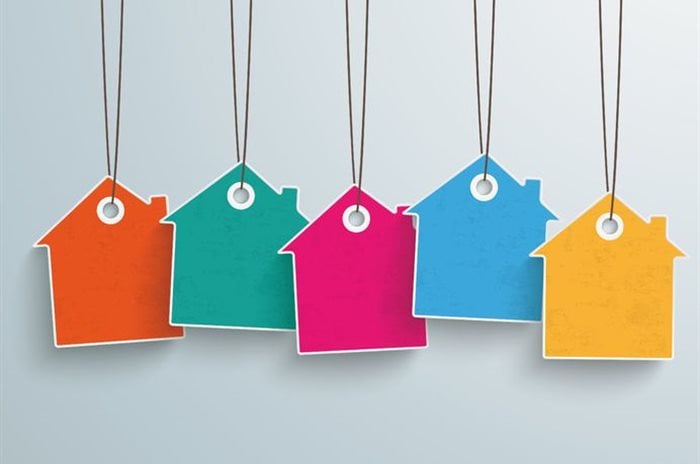
Related
Top stories


ESG & Sustainability#BudgetSpeech2026: SRD grant unchanged, other Sassa social grants see hike
10 hours



More news












ESG & Sustainability
South Africa’s carbon tax should stay: climate scientists explain why










Despite grim predictions about Covid-19, house prices shot up in 2020. April 2021 was the first time in eleven months that price growth decreased. Lower interest rates from the Reserve Bank saw the prime lending rate drop to a 50-year low of 7%, and banks were more than willing to approve mortgage applications.
Home-buying activity has been centred around the entry-level side of the market (R700,000 to R1.5m). Young renters spent more time at home and cut the costs of social activities like dining out, movies, concerts and social gatherings due to lockdown restrictions that suddenly enabled them to put more cash in their pockets or towards alleviating debt. Without a daily commute, buyers were also looking at more affordable homes outside the CBD.
However, demand seems to have peaked and is slowly declining, despite a slight increase in mortgage lending. That being said, a few trends will likely continue in 2022:
Residential properties under R1m will continue to buck all trends through constant growth, particularly in the Western Cape. KwaZulu-Natal and Gauteng may have lost momentum due to the recent riots and resultant buyer uncertainty, but will slowly recover.
According to SAPOA, the vacancy rate for office space was the highest in 16 years, hitting 14.2 in the first quarter of the year. With many PC-based businesses migrating to a hybrid or remote working model, office space is still oversupplied.
Many commercial properties will likely pivot to enabling remote working strategies, including hot desking facilities in line with global trends.
Pent-up demand for properties is slowing down and house prices will probably drop accordingly, but the stock shortage real estate agents have been concerned about may continue.
Smart residential estates will continue to lead with connectivity as a drawcard for tenants and buyers. With more employees working from home, fast connectivity and free estate-wide Wi-Fi is an attractive proposition.
Rental yields aren’t particularly strong, with two-thirds of tenants renting for less than R7,000 per month. In this way, tenants renting for R7,000-R12,000 will remain the best bet for landlords, with 84.37% of tenants remaining in good standing. Vacancy rates will remain stable as we head into 2022.
The property market bucked all trends in 2020 and 2021, making it difficult to predict the future of real estate in 2022. If nothing else, we know that Covid-19 has changed the way we view our homes and office spaces, and smart investors will do well to take that into account.
Tsholofelo Montwedi
